
'I have an extremely rare and aggressive bone wastage disease. Before being involved in a research trial my quality of life was poor, there was no hope and nothing but bad news.
After being involved in a clinical trial my life has changed massively, I am fitter, stronger and healthier than ever before in my life. Being involved has given me a far better quality of life that I could of only dreamed of, I used to worry about the future and how fast I was deteriorating. Not now the future is bright and I have hope which I never had before, Research did not just change my life it saved my life.' Aidan
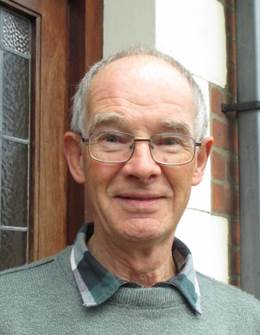
'My wife Phyllis was diagnosed with Alzheimer’s disease over 20 years ago. This led to Phyllis being invited to participate in a clinical trial of the first possible drug treatment for the disease.
Phyllis went on to participate in further research projects into the illness. Through one such project, I joined a newly formed Volunteer Research Network, which was set up to prioritise the aspects of the disease which the Society should be funding, score grant application lay summaries, sit on appointment panels and monitor successful research proposals.
This was the beginning of a 15 year journey for me as a lay participant in dementia research, a journey which I have found to be both enlightening and personally rewarding. It has also led me into a broader Personal and Public Involvement (PPI). That too has been a privilege, in sharing and learning how properly implemented PPI can be of real benefit not only to the users, but also to the researchers, as they seek to find cures and at the same time, improve the care and treatment of all users of the Health Service.
One very positive development of the PPI role has been in meeting with researchers at the formative stage of their research proposals. People with the specific illness being studied, and those caring for them, have unique insights and experiences which, if tapped into, can enable researchers to better focus and develop their projects, thus leading to better research and better outcomes.
Recently I participated in the public announcement of the Join Dementia Research register, which has been set up in Northern Ireland to enable more people to participate in clinical trials. Research is an exciting journey with new technologies enabling new discoveries and insights to be made across a broad range of disciplines on an ongoing basis. As a lay person, it has been my privilege over the last 15 years to participate in some small way in that journey.' Gordon
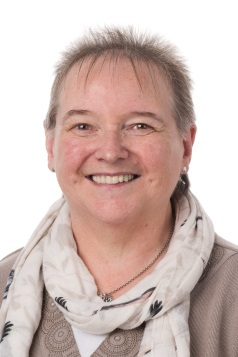
'As I went through my surgery, chemotherapy and radiotherapy, I realised that all of these treatment decisions were based on research. As my way of giving back for my care and treatment, I have been partnering with researchers for 8 years. It is exciting to be involved, in a small part, in helping to improve and develop treatments for other people diagnosed with cancer. I believe research is part of excellence in health care.' Margaret Grayson
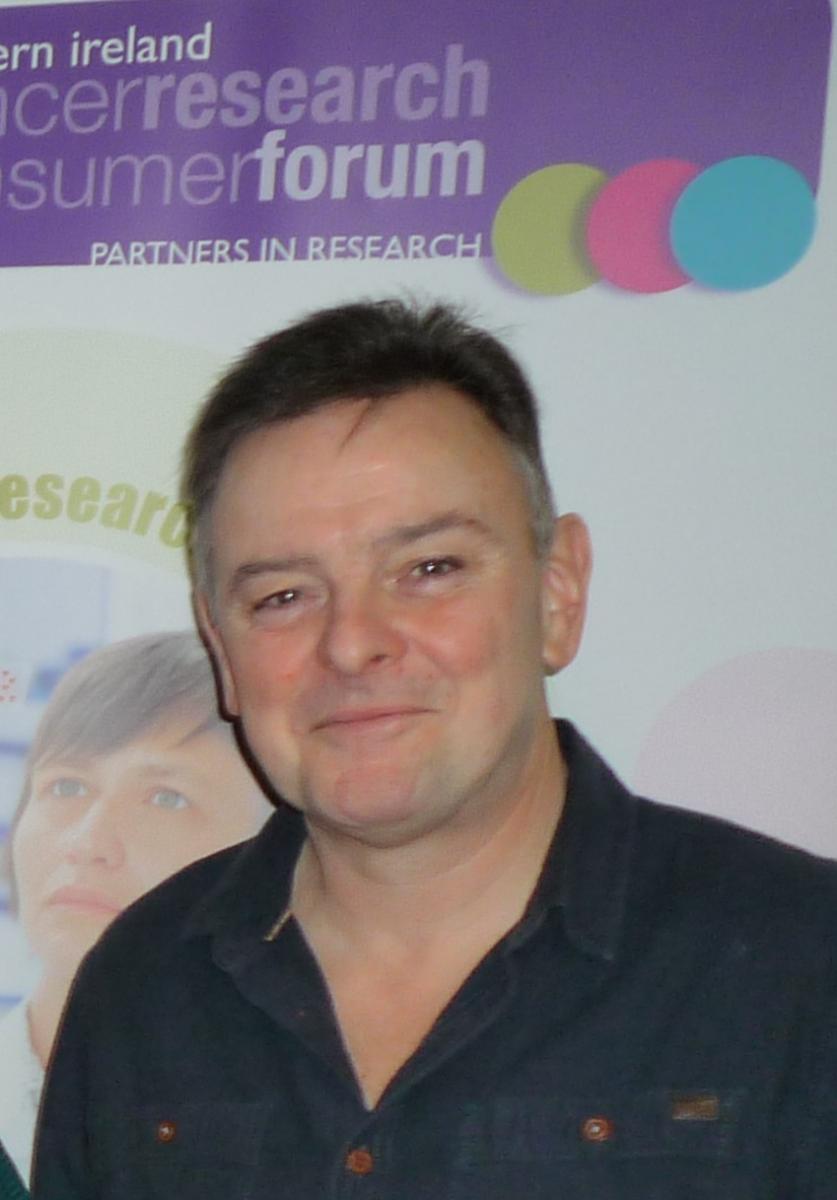
‘Following my diagnosis I was asked if I would like to participate in a cancer clinical trial. It was an easy decision for me because I realised that the treatment I received was made possible because others had taken part in previous trials. It’s only through trials and the research involved that better and more effective treatments can be perfected.’ Ken McBride
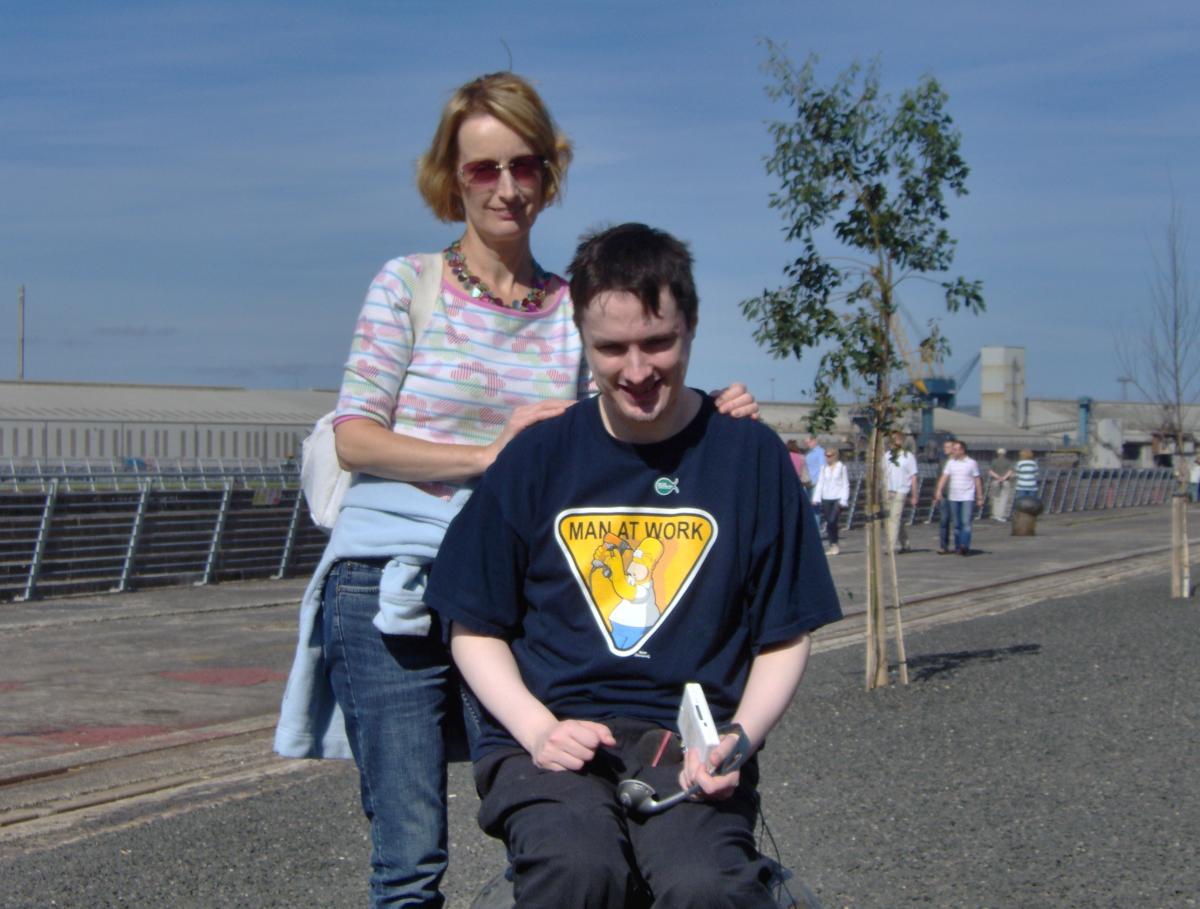
'The most important thing to me, as a full time carer for over 3 decades, has been sourcing and applying the current academic, clinical and health and social care evidence base, in order to keep my relatives in good health and for longer. I have seen the invaluable insights that patients bring into partnership research projects. Mature involvement is now even moving the agenda towards 'patient-oriented research'. This is why I have been a member of PIER (Public Involvement Enhancing Research) for the past 10 years.' Laura Collins
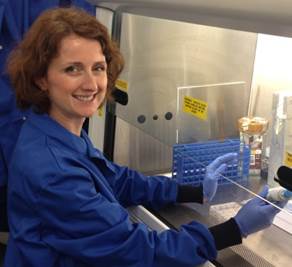
Researchers in QUB have developed a lung perfusion system which uses human lung cells and whole human lungs. These lungs have been donated for medical research by patients who have died.
This system has allowed researchers like Dr Marianne Fitzgerald to study possible procedures which might reduce lung injury and promote repair of the lining of the lung without causing susceptibility to infection. It is hoped that this work could help identify safe new treatments for Acute Lung Injury (ALI), a devastating condition, common in Intensive Care patients, where fluid leaks into the lung because the lung lining becomes damaged. Currently there is no cure for ALI, and up to 50% patients die.
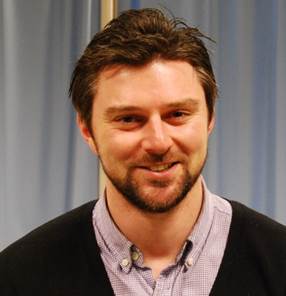
A clinical trial involving 70 children looked at different X-ray imaging methods and what effect they had on the quality of the pictures they produced as well as any risk to children's health.
Dr Richard Gould, a radiographer in the Belfast HSC Trust undertook this research which showed that it is possible to reduce the amount of radiation children receive during X-rays of their heart, and this can be done without affecting the quality of the test. Richard’s findings are important for children’s health and have identified optimal techniques for X-ray imaging in children.
Without the children and their families who took part, this research would not have been possible.

Over 80 services users and providers have been central to this work and have together developed a priority action plan based on the findings. .
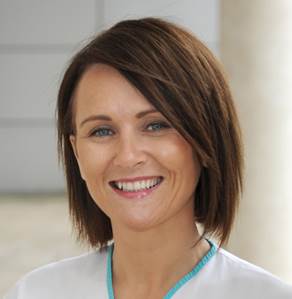
Prostate Cancer is the most common cancer in men in the UK with around 1000 men diagnosed in Northern Ireland each year. We know that radiotherapy is an effective treatment for prostate cancer but often surgery is needed to insert “markers” into the prostate so that the doctor knows the precise position of the prostate during the treatment. Unfortunately the surgery can sometimes cause pain, bleeding and infection.
Angela O’Neill, a Therapeutic Radiographer in the Northern Ireland Cancer Centre carried out research on a new imaging technique for Prostate Cancer to look at whether it is possible to use different images of the prostate, which show naturally occurring changes, to precisely locate the prostate and use this to plan the treatment. Angela recruited over 50 men to this study to determine if this new imaging works will benefit patients by reducing the need for a surgical procedure while ensuring maximum treatment accuracy.

